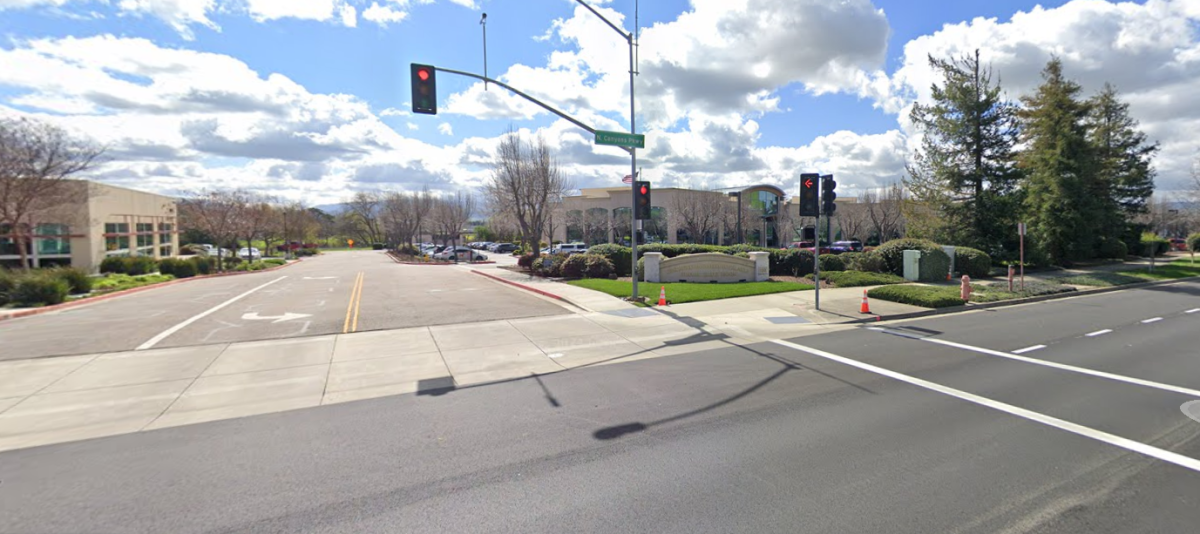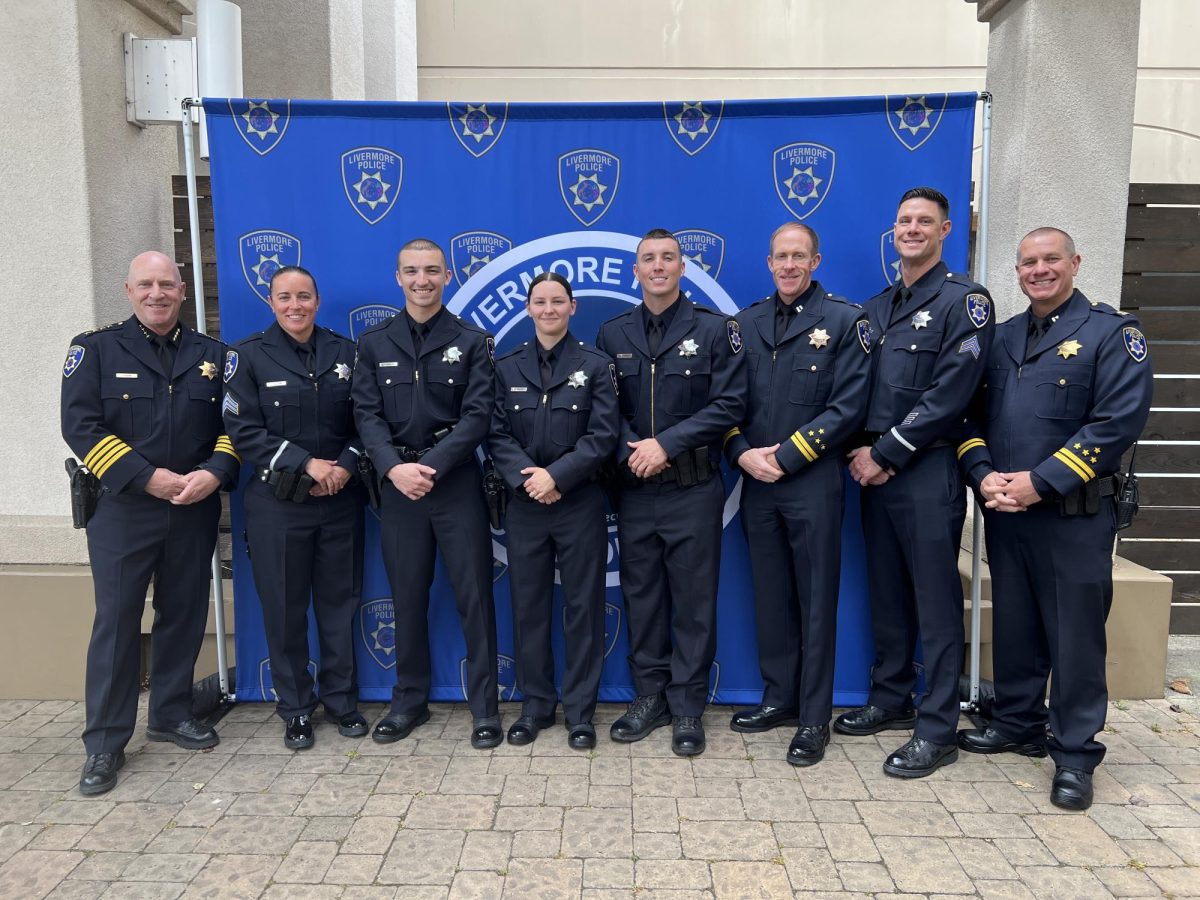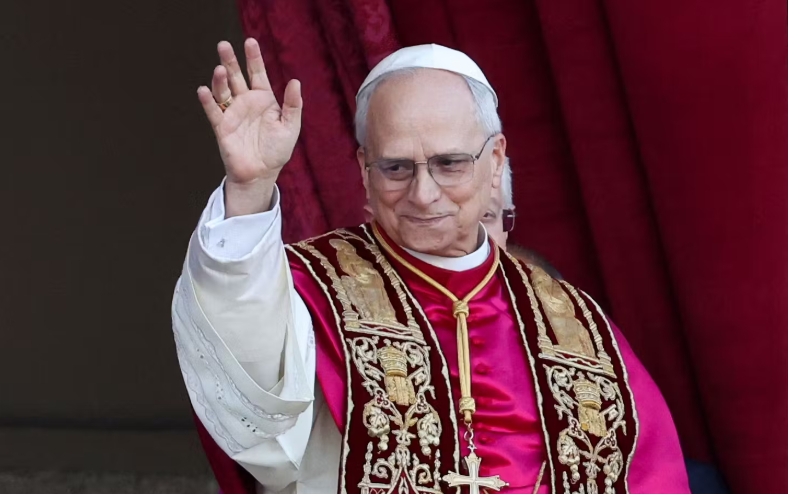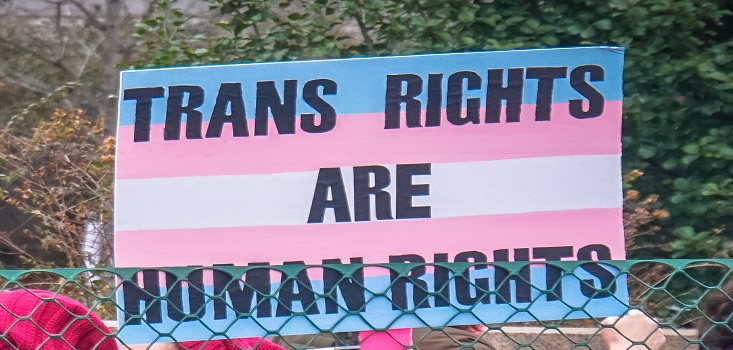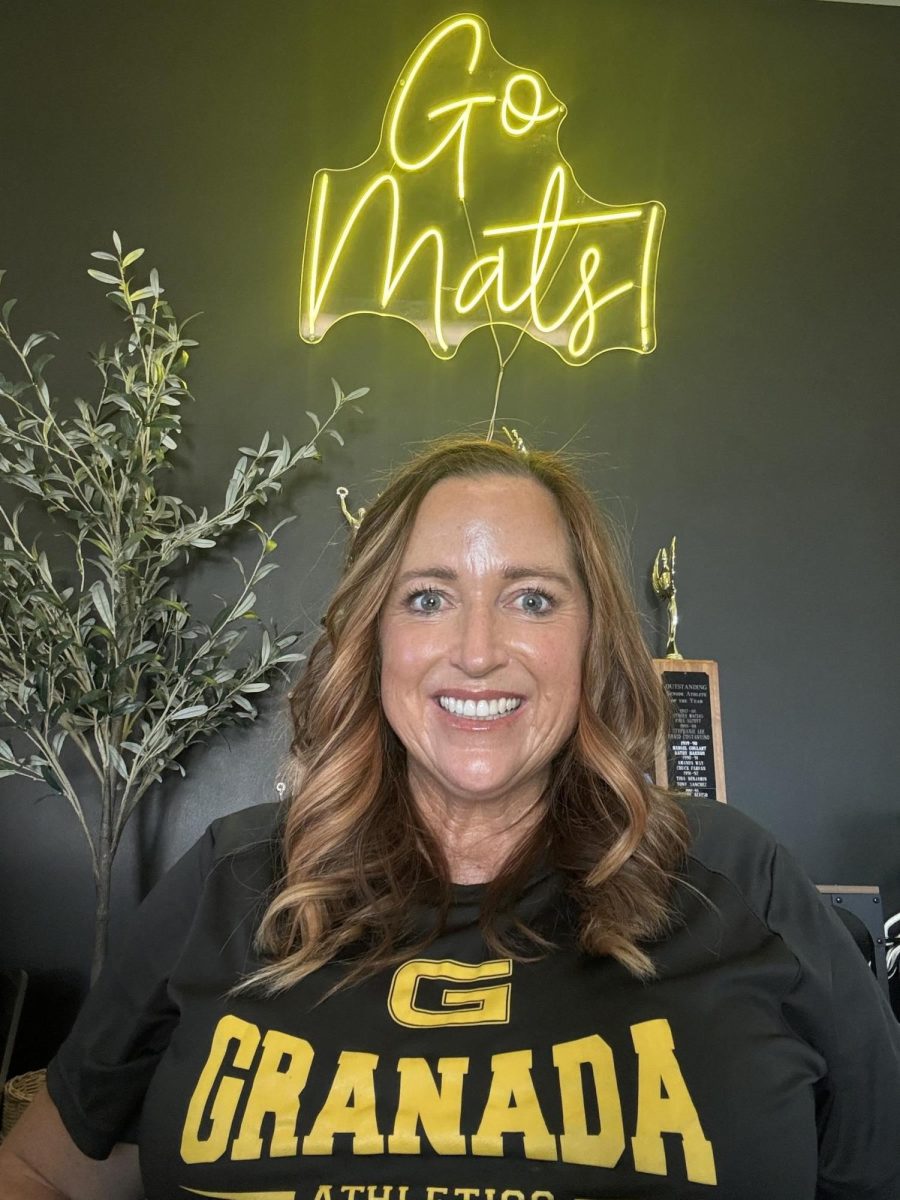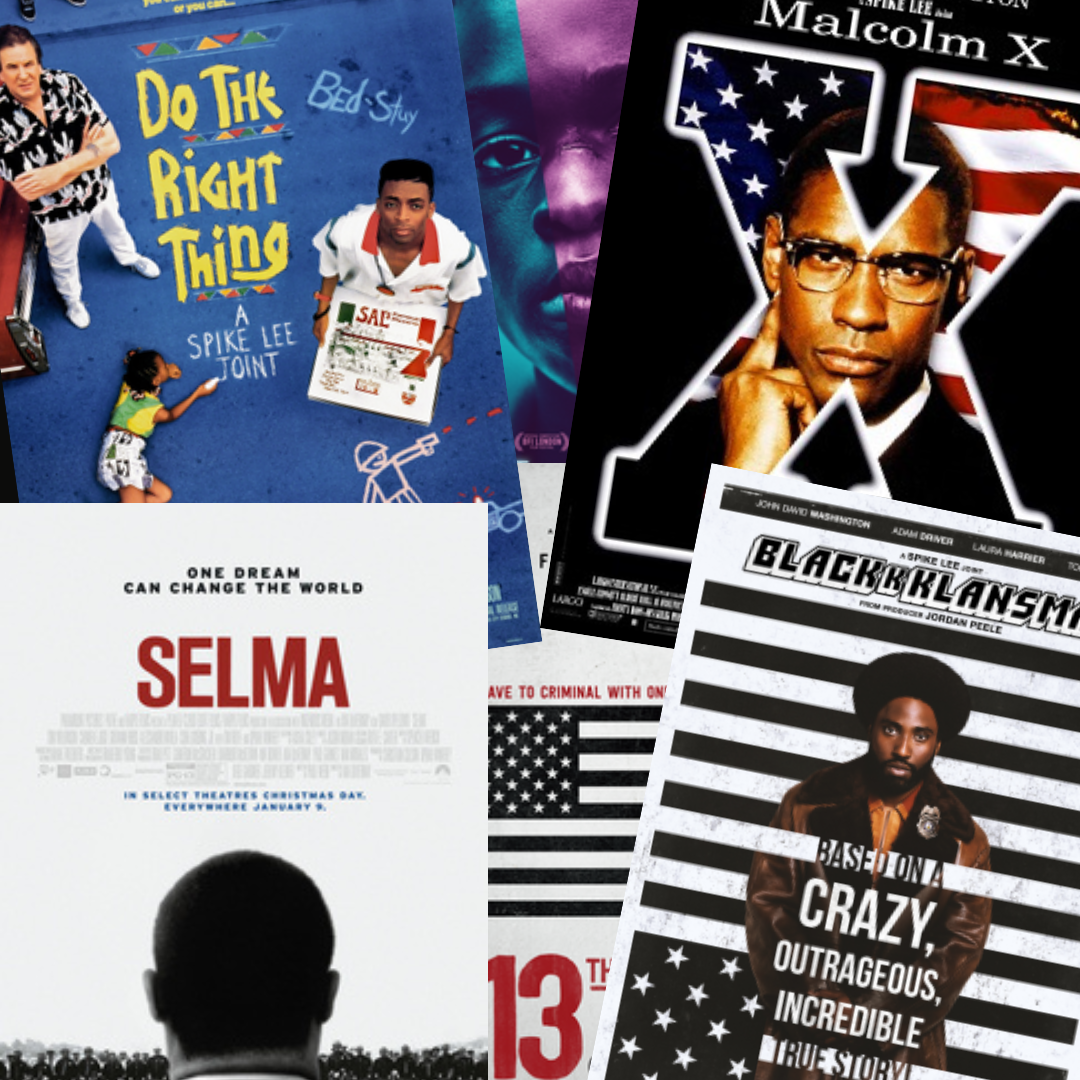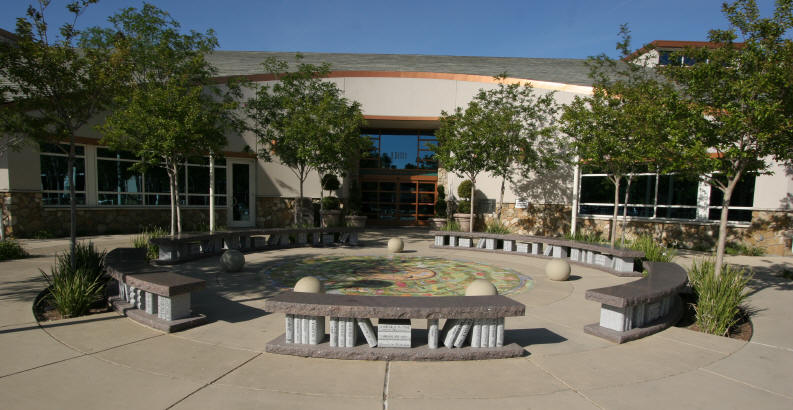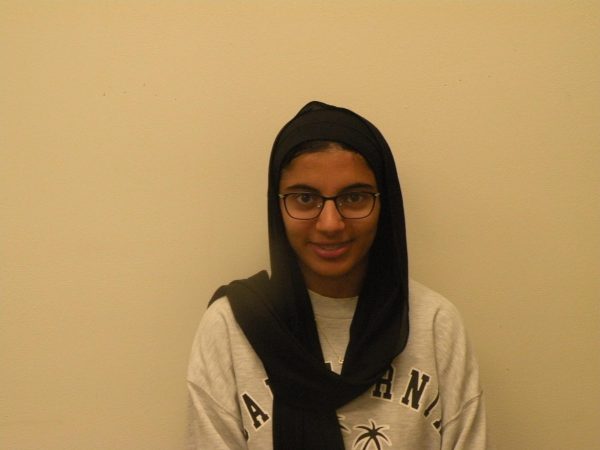Student POV: Do Granada Teachers Share Their Personal Beliefs Too Much?
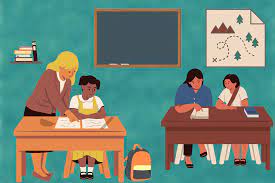
May 25, 2023
In school, teachers may be able to sway their student’s opinions when they share their personal beliefs. As tensions in the country rise and personal beliefs become more polarizing, it brings into question teachers and their personal beliefs. Should teachers be allowed to share their personal beliefs with their students? Should they be allowed to share them up to a certain point, or not at all? At Granada, there are some differing opinions about whether Granada teachers share their personal beliefs too much. The Pomegranate put out a poll on Instagram asking whether teachers share their beliefs too much; a majority answered “no.” 74 percent of people said “no” while 26% said “yes.” So, what do people on each side think?
Kayla Rickerson (11) believes that teachers do share their personal beliefs too much at Granada and it’s a big problem for her.
“Teachers share their personal beliefs too much, which wastes class time and can be uncomfortable for people who don’t believe the same. When not believing the same thing, it can seem offensive when not meant to be,” said Rickerson.
In her opinion teachers should not share their beliefs at all, as that is something friends do between themselves.
Rickerson went on to say, “Sharing beliefs can be fine with friends when understanding each other, but with teacher and student relationships, it can be a little off-putting, which puts a setback on the student’s education. School is to learn about subjects such as English, not religion or some other, in my opinion.”
Victor Schwartz (11) had a different perspective.
“I have not experienced teachers sharing, I’ve not personally seen teachers sharing their personal beliefs too much” said Schwartz. “I also think that a lot of the times, people’s opinions, like a lot of the times especially in this day and age, a lot of people say that things that are facts are like opinions.”
Schwartz believes that these “personal opinions” are just facts.
Schwartz went on to say, “Teachers will talk about the civil rights movement and then that’s seen as them having a bias or sharing an opinion just for talking about something that actually happened.”
Savannah Bennett (10) believes that sharing personal beliefs is inevitable.
“Your beliefs are what make you person. Your beliefs, your core concepts, what you think is right. Just cause you’re a teacher, does not mean that your beliefs are completely gone, you’re still gonna have them and there’s always gonna be one point in your career where you’re not gonna be professional about it,” said Bennett.
Sara Willey (10), who voted “no” also believes that Granada teachers don’t share their own opinions enough.
Willey said, “There’s certain things in history that, there’s certain things we should teach kids that like ‘this is wrong.’ Some people aren’t taught as children what right from wrong is and they don’t have the proper teaching, so sometimes it’s important that schools do that too.”
Sharing personal opinions in a classroom can be a tricky line to follow and for teachers, it’s difficult to know when to stop. Some students believe that teachers should strictly not express their personal opinions at all, some students feel that teachers aren’t sharing their opinions enough. While students are allowed to have their own opinions it can be argued that educators have a job to teach students right from wrong. Unfortunately, there’s really no right answer to this question and teachers and students must continue to figure out this complicated matter together. What’s most important is to make sure the learning environment at Granada is respectful and education is the main focus, while still respecting different opinions.

